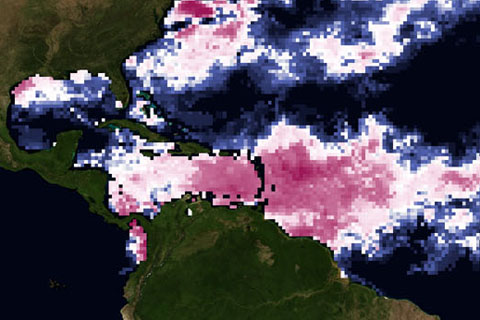
How do warm waters in the Caribbean this year compare to conditions in 2005, when high ocean temperatures triggered the worst mass coral bleaching event ever seen in the region?

How do warm waters in the Caribbean this year compare to conditions in 2005, when high ocean temperatures triggered the worst mass coral bleaching event ever seen in the region?
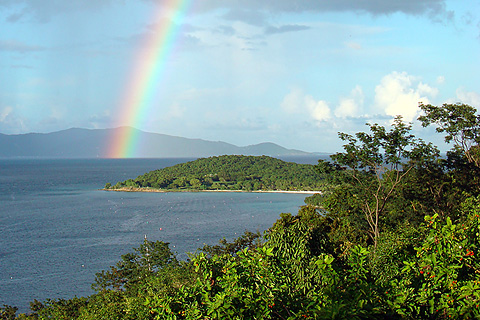
[From the archives] Facing the possibility of a massive coral bleaching event in the Caribbean Sea in late summer and early fall 2010, a USGS biologist based at U.S. Virgin Islands National Park hopes that the season won't have the same devastating outcome as a similar event in 2005.
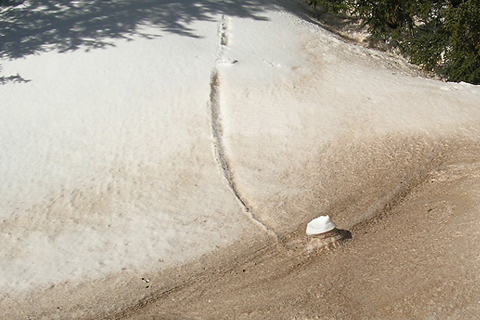
When the winds are right, dust from the deserts of the U.S. Southwest blows onto the snow-capped Rocky Mountains. How do dirty snowfields contribute to the loss of more than 250 billion gallons of water in the Colorado River?
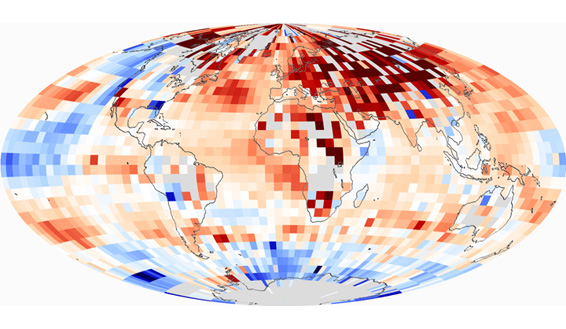
Each of the last three decades was warmer than all earlier decades in the instrumental record, and each set a new and statistically significant record, culminating in the 2000s, which was the warmest decade of all.
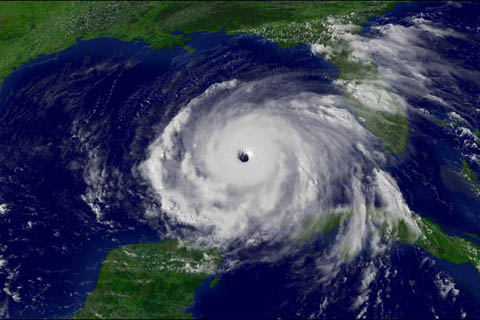
Christopher Landsea, of NOAA’s National Hurricane Center, works with tropical storm data and other hurricane experts to figure out how our warming world will affect hurricanes. Find out what current research tells us about hurricanes in the future.
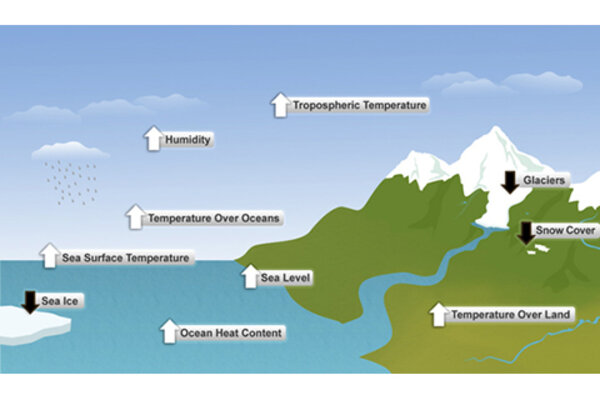
July 28, 2010
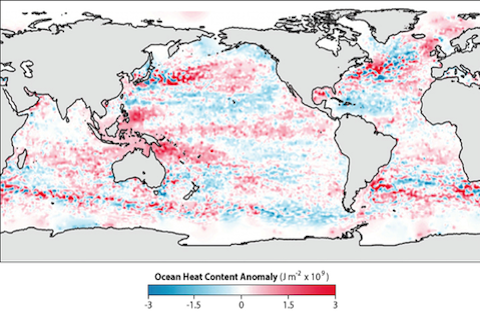
Recent studies show the world’s ocean is heating up as it absorbs most of the extra heat being added to the climate system from the build-up of heat-trapping gases in the atmosphere. This climate trend, and many others, are documented in NOAA’s newly released 2009 State of the Climate Report.
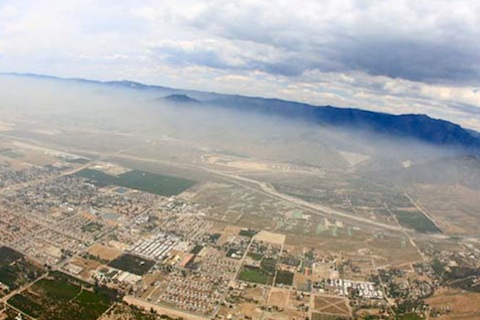
CalNex—an intense data collection campaign to characterize the complicated interactions of air quality and climate over California—used an array of instruments and platforms this spring for a close look at greenhouse gases and pollutants.
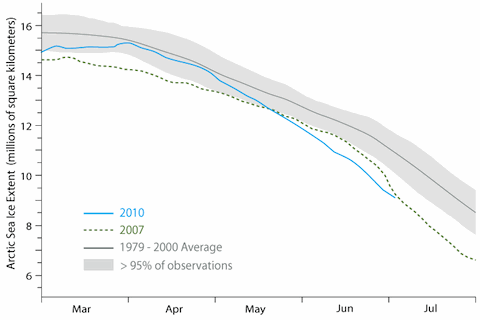
In 2007, Arctic sea ice retreated so dramatically that it broke all previous records for sea ice minimum for July through October. Is this year’s summer ice melt season on track to surpass 2007?
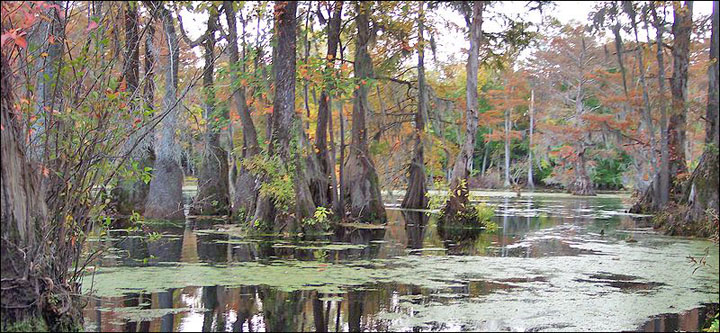
How is climate change affecting bird migration patterns? Birdwatchers across the country and around the world are contributing their time, both in the field and online, to answer that question.